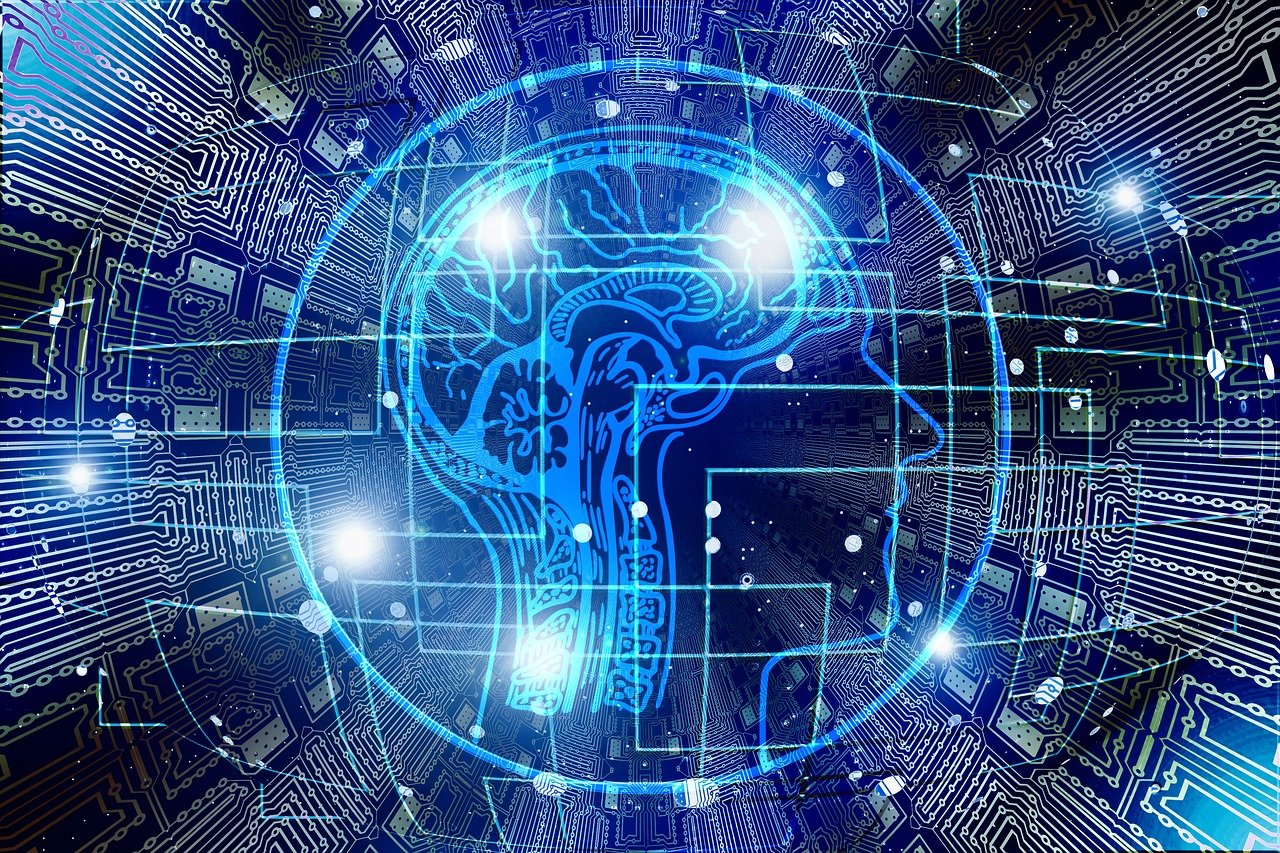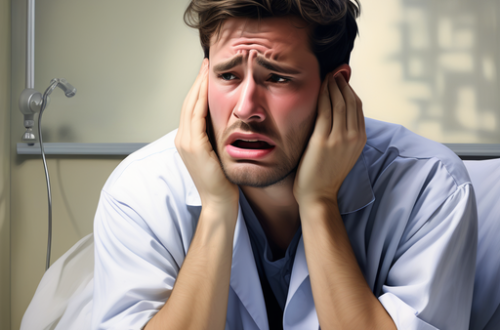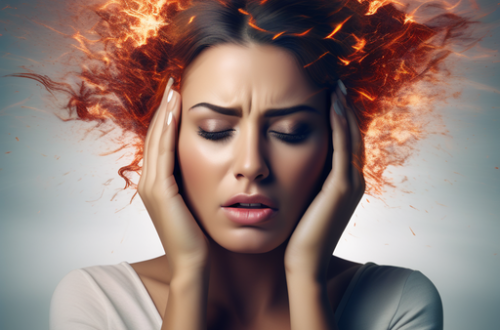One of usual questions that most of my hard pressed, ailing patients of pain ask me is that ‘Why did God choose me to bear all this pain?’ Many of them have been is suffering from chronic pain since decades. The trigger for any pain could be as miniscule as thorn prick to just a ‘trip and fall’. Not always do I have an answer, here’s few of them:-
Brain circuitry

The severity, duration, type and even the location of pain is linked to the way our brain is programmed. Specific areas of the brain like the thalamus and anterior cingulate cortex get activated in response to pain. Other brain areas which are interconnected with these areas like the limbic system(emotional center) also get activated when there is a pain. The frequency, i.e. the number of times, these areas are activated can bring about long term changes in your brain circuitry which is called as plasticity that leads to chronic pain.
These central plastic changes in the brain can also explain the emotional or psychomotor changes like excessive irritability, forgetfulness, depression that we experience when we suffer chronic pain.
Peripheral plasticity
Imagine you have suffered a minor cut injury and you are experiencing pain. The wound gets healed and a scab appears in time. The pain that was there earlier would have waned away. This is a normal process.
But in patients of chronic pain, who encounter repeated minor trauma to the same area, take for example, knee arthritis, this process is repeated many a times. This leads to repeated firing of the same receptors and same part of peripheral spinal nervous system. Eventually there a point at which the injury doesn’t exist anymore yet the receptors and nerves remained activated. Its as if our body had kept the ‘switch on’ and forgotten about it.
Psychosocial trauma
Research scientists studying pain have noted that the brain pathways that transmit signals of pain and psychosocial senses are hardwired together. So when one feels pain, we feel emotional disturbances. The same rule works the other way around where when one suffers any kind psychosocial disturbance like post trauma stress disorder we might experience the same pain to be disproportionate more compared to the injury. Longer the psychological disturbance, longer the painful episode.
Pain is a bio-psycho-social phenomenon.
IASP(International association of study of Pain)
Coping mechanisms
A heavy weight lifter has a different level of endurance compared to a street vendor. A teenager has a different level of focus compared to a senior citizen. Similarly each person in this world has a different coping mechanism. The way pain is perceived might be completely different when exposed to the same intensity of injury in two different individuals. This is because of our genetic and environmental upbringing, gender as well as our bodily coping mechanisms.
I have seen many a patients catastrophizing to pain of knee arthritis where they felt that ‘death’ was a solution to their health issues while people suffering cancer pain showed immense gumption at dealing with their pain.

And many more…
A superfluous number of reasons exist beyond these which could be the reason for why you might be chosen or I may say cursed to suffer pain. What do you feel are those reasons in your case? Do you feel there is a reason more decisive than the ones I have mentioned? Please do let me know in the comment section below.
Invariably, the next question that arises in one’s curious mind, can we tame these rather innate causes for our pain. Read on in my next blog.






Thank you for your sharing. I am worried that I lack creative ideas. It is your article that makes me full of hope. Thank you. But, I have a question, can you help me?
Can you be more specific about the content of your article? After reading it, I still have some doubts. Hope you can help me.
Thanks for sharing. I read many of your blog posts, cool, your blog is very good.
Thank you for your sharing. I am worried that I lack creative ideas. It is your article that makes me full of hope. Thank you. But, I have a question, can you help me? https://www.binance.com/it/join?ref=S5H7X3LP
2010; Fontainhas et al where can i buy priligy in usa Double labeled immunohistochemistry with anti GLI3 antibody plus an antibody against the type III taste cell markers CAR4 S2A S2C Fig and 5 hydroxytryptamine 5 HT S2D S2F Fig or with intrinsic GFP fluorescence of the type I marker Glast1 GFP S2G S2I Fig revealed that GLI3 is generally not expressed in type I or III taste cells